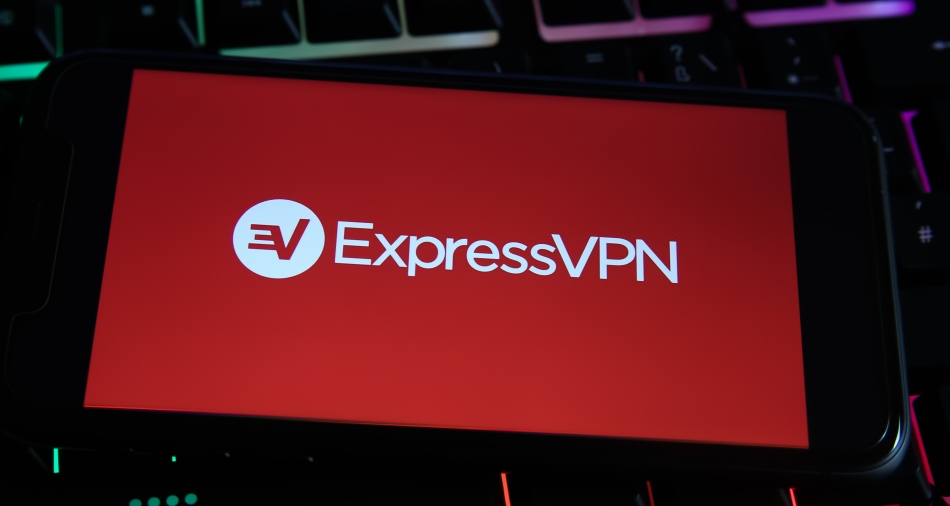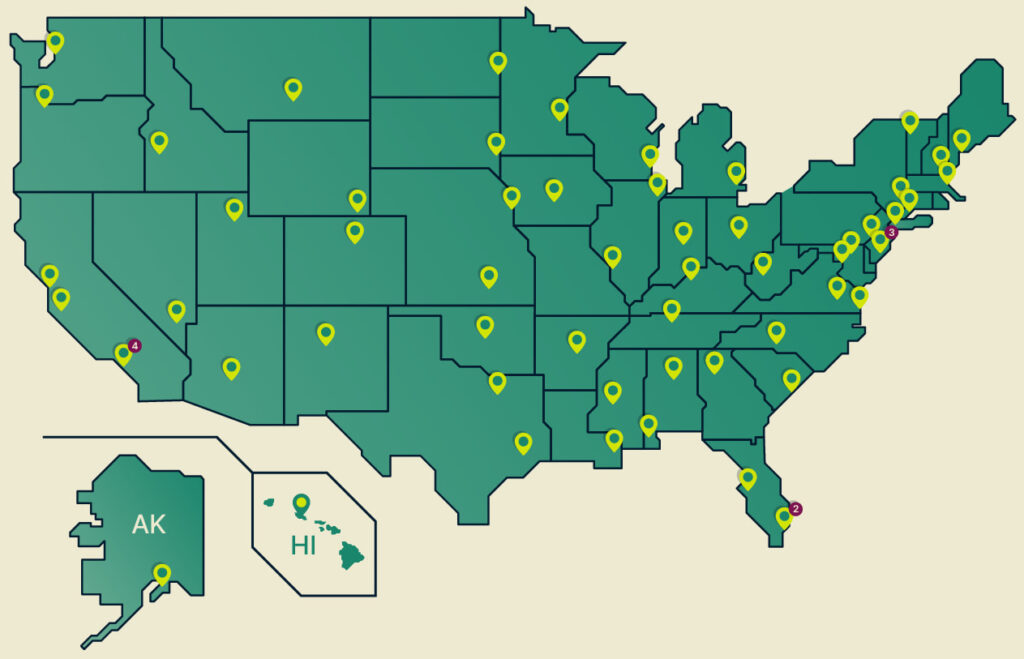
ExpressVPN has completed a major expansion of its US server infrastructure, now offering VPN endpoints in all 50 states, a significant increase from its previous footprint of 24 US locations.
The move aims to address rising demand for localized privacy options amid growing fragmentation of internet access across the United States.
The VPN provider says the network expansion comes in response to a shifting policy landscape, where state-level regulations are increasingly influencing how platforms operate, what content is accessible, and how data is collected or verified. This has led to a more geographically fragmented internet experience for US users.
To support the expansion, ExpressVPN has deployed physical servers in all 50 states, totaling 62 unique server locations, with some high-traffic regions like Los Angeles and New Jersey hosting multiple servers. While all servers are physical, some locations are served virtually, meaning user traffic is routed through a nearby physical server while still receiving an IP address from the selected state. This hybrid approach is designed to maintain speed and reliability without compromising location-specific functionality.

ExpressVPN
Each server runs on ExpressVPN’s TrustedServer platform, a RAM-only system that wipes all data on reboot and uses Lightway, an open-source VPN protocol developed in-house. The newly introduced Lightway Turbo enhancement promises increased connection speeds through improved multi-tunnel routing, aiming to provide faster and more consistent performance.
ExpressVPN, a long-standing player in the privacy tech sector, positions this network expansion as a direct response to the realities of the US regulatory environment. By offering a server in every state, the company enables users to maintain consistent privacy protections and access regionally restricted content regardless of their physical location.
For users, the practical benefits include more accurate geo-targeting, access to services bound by state-level rules, and improved performance by connecting to nearby infrastructure. It also ensures that privacy tools remain relevant in a landscape increasingly shaped by local legislation.






Leave a Reply